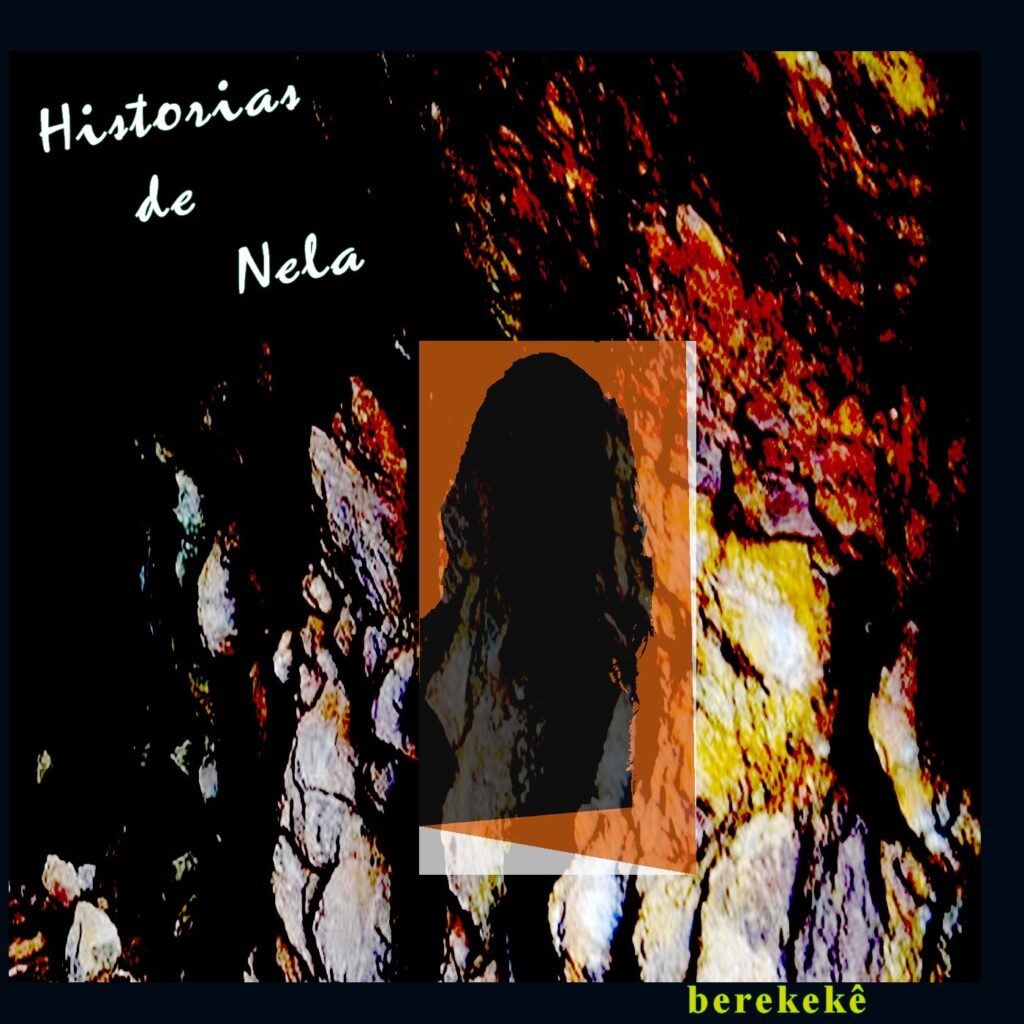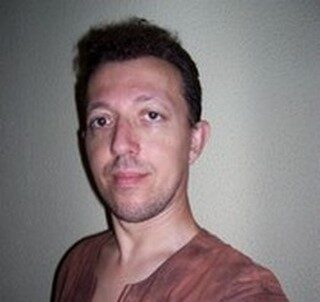The novel Marianela by Benito Pérez Galdós served as the inspiration for the album Historias de Nela. Twenty years into his career as a composer, the artist still thinks of him as an absolute stranger. Check out the exclusive interview below:
1. Can you tell us a bit about where you come from and how it all got started?
BEREKEKÊ: I was born in Cádiz and since my childhood I have had close contact with music. I started playing the bandurria, a traditional instrument from Spain, similar to the mandolin, then came the Conservatory with my piano studies, local rock, pop, folk bands and so on. In 2003, without great intentions of dedicating myself to composition, I published MIRADORES 2003, an eclectic album typical of beginning artists, with many influences.
2. Did you have any formal training or are you self-taught?
BEREKEKÊ: Both things are compatible. As I said before, I trained at the Manuel de Falla Conservatory of Cádiz, but I am a self-taught multi-instrumentalist. In addition, I graduated in Music at UNIR, I took classes at the Thinkspace Academy and at Berklee that helped me in matters of composition, arrangement and mastering.
3. Who were your first and strongest musical influences and why the name ‘BEREKEKÊ’?
BEREKEKÊ: Well, I come from the classical world. My main references are in that field, but I listen to a lot of diversified music. I have a special predilection for soundtracks that have somehow influenced the conception of my work. I took the artistic name of berekekê from a song by Capinam/Azevedo with which I felt identified. This song talks about the Amazon, also, I am a closed defender of the rights of indigenous peoples.
4. What do you feel are the key elements in your music that should resonate with listeners, and how would you personally describe your sound?
BEREKEKÊ: My works are exclusively instrumental. I am not attracted to the world of songs with lyrics from the point of view of my work. I think that the listeners should be clear that this is not commercial music, nor of majorities, nor popularity. It is something else. My axes are the following: my classical training, my love for what was called world music and traditional music and technology as a work tool. My albums are varied, I don’t like to limit myself to a single record. Some of my works are experimental music, others are more “affordable”, etc.
5. For most artists, originality is first preceded by a phase of learning and, often, emulating others. What was this like for you? How would you describe your own development as an artist and music maker, and the transition towards your own style, which is known as CLASSICAL?
BEREKEKÊ: As I said before, MIRADORES 2.003 is an eclectic album with many influences. There you can see my lines to follow in subsequent works: soundtrack, folklore, classical, etc. My music is hard to label. Those who are in the so-called “classical” world don’t see me as one of their artists, nor do I think that’s the way those who make soundtracks or those who compose folk or others. All this is a symbiosis, it is something like a “stateless person” because the references and similarities are blurred.
6. What’s your view on the role and function of music as political, cultural, spiritual, and/or social vehicles – and do you try and affront any of these themes in your work, or are you purely interested in music as an expression of technical artistry, personal narrative, and entertainment?
BEREKEKÊ: This is an interesting question. I believe that every artist has a political side, not necessarily as a militant, but as a defender of ideologies that are in tune better than others. When I speak of defending the rights of indigenous peoples, I am indirectly positioning myself politically. Every artist does it, even if they don’t want to admit it, except if your songs only talk about love/heartbreak. But art should be more neutral, more impartial and be understood for what it is: art for art’s sake. Throughout a human life one goes through many different thought processes. It is not the same what you think of a teenager than of a mature person. For this reason, in the end what should remain is the music, the art.
7. Do you feel that your music is giving you back just as much fulfillment as the amount of work you are putting into it or are you expecting something more, or different in the future?
BEREKEKÊ: Of course not. In these twenty years I have not had a recognition of my work either nationally or internationally. My dedication is methodical, professional, even if I don’t live from this. I have invested in material to offer a work of the highest quality within my possibilities as a composer. Certainly, I no longer expect anything. I am aware that my work is not what most people expect, nor what a producer or a professional in the music industry would bet on. This does not cause me frustration, on the contrary, it gives me a lot of creative margin to do what I really want.
8. Could you describe your creative processes? How do usually start, and go about shaping ideas into a completed song? Do you usually start with a tune, a beat, or a narrative in your head? And do you collaborate with others in this process?
BEREKEKÊ: No album works the same way. Sometimes a piece of music gets into your head, and you want to shape it, but then you have to create at least ten more to make it a complete work. For me, this option tires too much. I prefer to take a concept and develop it. At the moment an idea arises, as in the album Historias de Nlea (Nela’s stories), a schizoid, frantic job begins, I sleep badly, have lunch at hours that are not recommended and so it goes. I have no collaborators. I do the work in my home studio and that gives me a lot of flexibility.
9. What has been the most difficult thing you’ve had to endure in your life or music career so far?
BEREKEKÊ: The loneliness of the artist and sometimes that your works are not fully understood, that’s why I created the didactic guides that help to understand each album and are available on my site in some languages. The lack of recognition also makes me uncomfortable, even more than selling many albums. I’m not narcissistic but I’m not stupid either, my work is good. The helplessness one feels before certain streaming platforms to confront them when you no longer believe they should continue using your work. The miserable streaming crowds, consumers who don’t want to spend money on music, etc.
10. On the contrary, what would you consider a successful, proud or significant point in your life or music career so far?
BEREKEKÊ: My life saver have always been my music teachers. In them I have found the answer that my path was not the wrong one, that my work deserved to be known.
11. With social media having a heavy impact on our lives and the music business in general, how do you handle criticism, haters, and/or naysayers in general? Is it something you pay attention to, or simply ignore?
BEREKEKÊ: It’s impossible for everyone to like me, that’s something I’m very clear about. It all depends on the treatment of criticism. So far they haven’t been too hard on me.
12. Creative work in a studio or home environment, or interaction with a live audience? Which of these two options excites you most, and why?
BEREKEKÊ: Sure, creative work in a studio or home enviroment.
13. Do you think is it important for fans of your music to understand the real story and message driving each of your songs, or do you think everyone should be free to interpret your songs in their own personal way?
BEREKEKÊ: As I said before, I created the DIDACTIC GUIDES so that my music would be better understood, but that doesn’t mean that other people can make their own interpretations of them.
KEEP IN TOUCH:
BANDCAMP | WEBSITE

